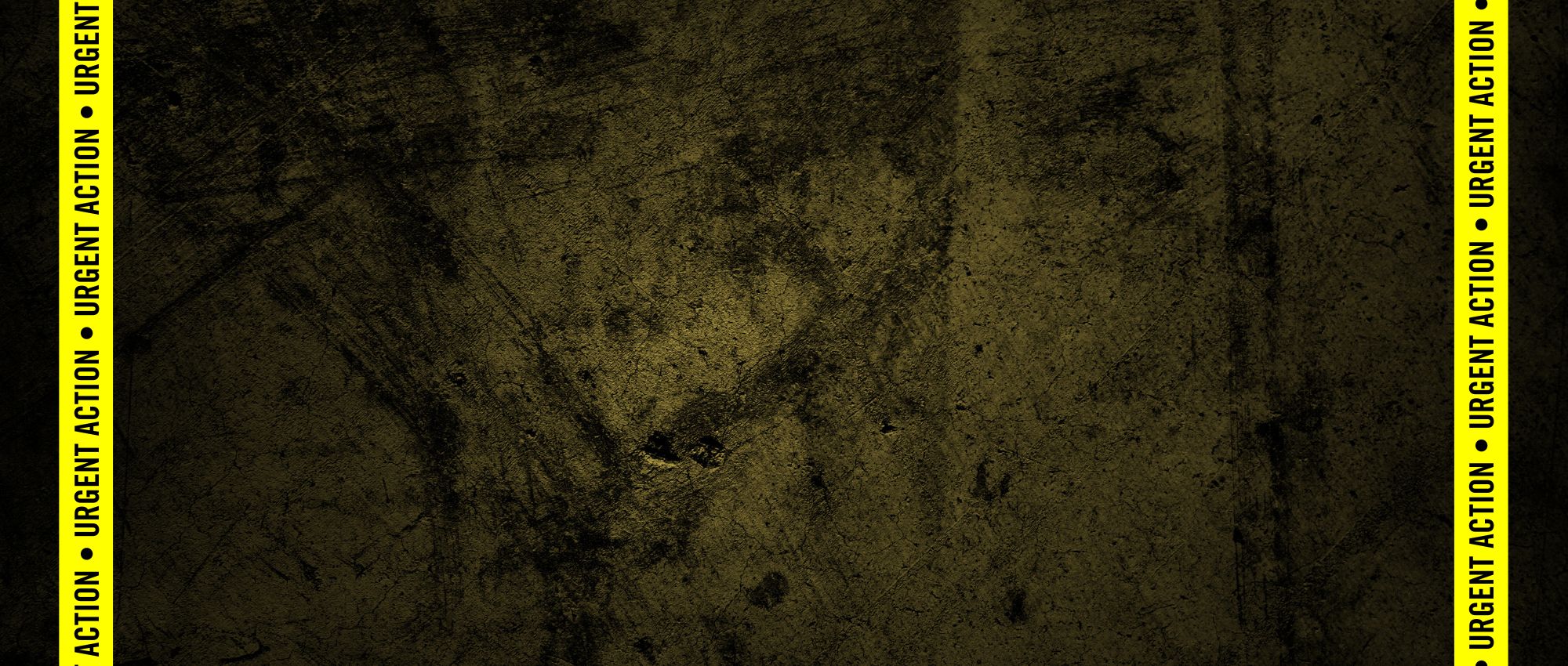DOWNLOAD A PDF OF UA 46/22 BELOW
Jaafar Mohammad Sultan and Sadeq Majeed Thamer, two Bahraini Shi’a men, are at imminent risk of execution in Saudi Arabia. The Specialized Criminal Court sentenced them to death in October 2021 following a grossly unfair trial for terrorism-related charges, which include smuggling explosive materials into Saudi Arabia and participating in anti-government protests in Bahrain. In April 2022, the Supreme Court upheld their sentences, rendering their execution imminent as soon as the King ratifies it. Amnesty International calls on the Saudi authorities not to ratify the death sentence, quash their conviction and re-try them in line with international fair trial standards.
The two men were convicted of a range of offences including: “Joining a terrorist entity … which aims to cause chaos and shake the security of Saudi Arabia and Bahrain”; “Participating in protests in Bahrain”; and smuggling bags of explosives to Saudi Arabia “with the aim of breaching Saudi Arabia’s security”. The Specialized Criminal Court sentenced both men to death in October 2021 after a prolonged and unfair trial which had begun in January 2019. The Appeals Court upheld their sentences in January 2022. The Supreme Court uphold their death sentences, despite the defendants’ claims before the court that they had been subjected to severe beatings during their interrogations.
Both men were detained incommunicado and in solitary confinement for three-and-a-half months following their arrest on 8 May 2015. They were only allowed to call their families 115 days later, during which time prison officials did not allow them to discuss their detention or interrogation conditions. Their families were allowed their first visit in October 2015. Jaafar Mohammad Sultan and Sadeq Majeed Thamer had no access to legal representation throughout their pre-trial detention and interrogation. According to court documents, they told the court that they were tortured and that their so-called confessions were extracted under duress. Jaafar Mohammad Sultan also told the court that he was beaten with cables and threatened that he would not see his family until he signed the “confession” as formulated by the investigator. According to the court document detailing his defense, he was subsequently transferred to the prison hospital for 10 days due to the torture he endured.
Write to the King urging him to:
- not to ratify the execution of Jaafar Mohammad Sultan and Sadeq Majeed Thamer
- quash their conviction and death sentence, given the grave concerns about the fairness of their trial and order a re-trial in line with international fair trial standards, without recourse to the death penalty
- order a prompt, impartial, independent and effective investigation into their claims before the court of torture and ill-treatment and to immediately establish an official moratorium on executions with a view to abolishing the death penalty in Saudi Arabia
Write to:
King Salman bin Abdulaziz Al Saud
Office of His Majesty the King
Royal Court, Riyadh
Kingdom of Saudi Arabia
Fax: 011 966 11 403 3125 (please keep trying)
Twitter: @KingSalman
Salutation: Your Majesty King Salman bin Abdulaziz Al Saud:
And copy:
Mr. Abdulaziz Mohammed H. Albadi
Chargé d’affaires
Royal Embassy of Saudi Arabia
201 Sussex Drive
Ottawa, ON K1N 1K6
Fax: 613 237 0567
Email: caemb@mofa.gov.sa
Additional information
In the absence of transparent information around judicial processes in Saudi Arabia, particularly in death penalty cases, families only find out about the fate of their loved ones through the media. Amnesty International’s assessment of the Supreme Court’s decision to uphold the death sentences of Jaafar Mohammad Sultan and Sadeq Majed Thamer indicates that is evident of the men’s imminent risk of execution since families are not informed when the King ratifies death sentences.
On 13 March 2022, Saudi Arabia’s Ministry of Interior announced the execution of 81 people, a shocking mass execution spree of people who had been convicted of a wide range of offences, including “terrorism”- related crimes, murder, armed robbery and arms smuggling. A number of those executed were also convicted of offences such as “disrupting the social fabric and national cohesion” and “participating in and inciting sit-ins and protests” which describe acts that are protected by the rights to freedom of expression, peaceful assembly and association. 41 of those executed were from Saudi Arabia’s Shi’a minority.
Amnesty International has documented the pattern of repression targeting the Shi’a community in Saudi Arabia, namely through the Specialized Criminal Court that has issued harsh prison and death sentences following grossly unfair trials, marred by allegations of torture during detention which the prosecution has failed systematically to investigate.
In early 2021, the Saudi Arabian authorities announced changes in relation to the death penalty, including a moratorium on executions for drug-related crimes, which are death sentences handed down at the judge’s discretion rather than mandated under Sharia law. While this moratorium appears to have been implemented, it has yet to be formalized and remains unofficial as long as existing narcotics laws carry the death penalty and individuals previously sentenced to death for drug-related crimes remain on death row. Moreover, courts continued to impose death sentences and individuals are executed for other crimes where judges can issue a death sentence at their discretion. Jaafar Mohammad Sultan and Sadiq Majeed Thamer were both sentenced to death in a discretionary sentence.
The death penalty is a cruel, inhuman, and degrading punishment. Amnesty International opposes the death penalty in all cases without exception, regardless of who is accused, the crime, their guilt or innocence or the method of execution.
<><><><><><>
If you want Updates on this case, send your request to urgentaction@amnesty.ca with “Keep me updated on UA 46/22” in the subject line.
<><><><><><>




























